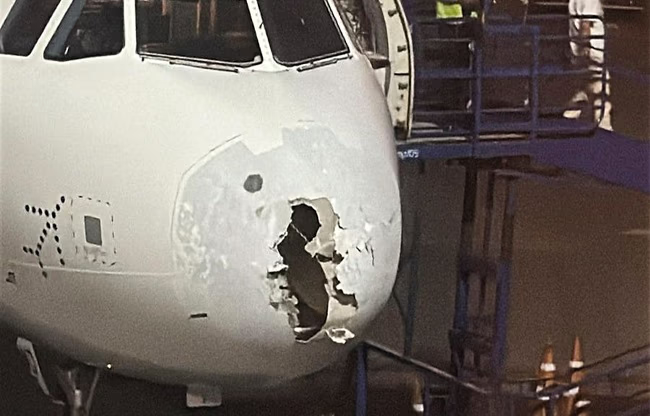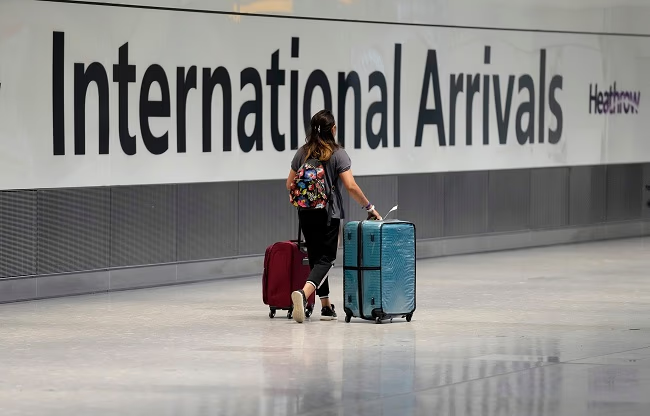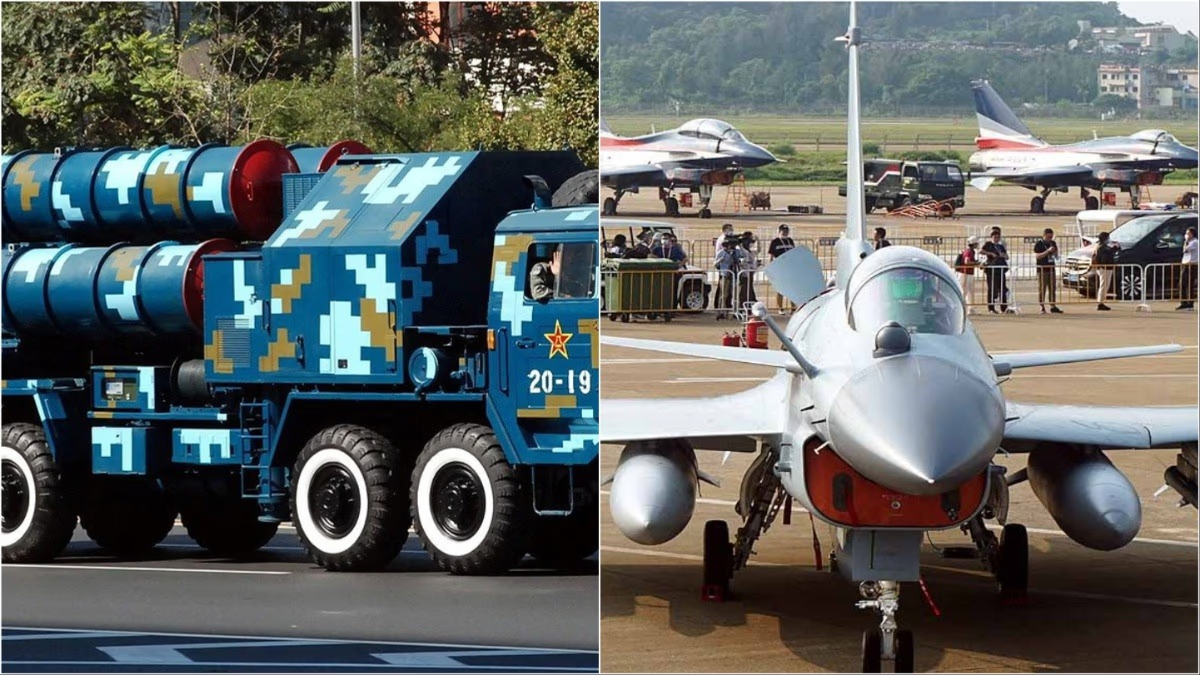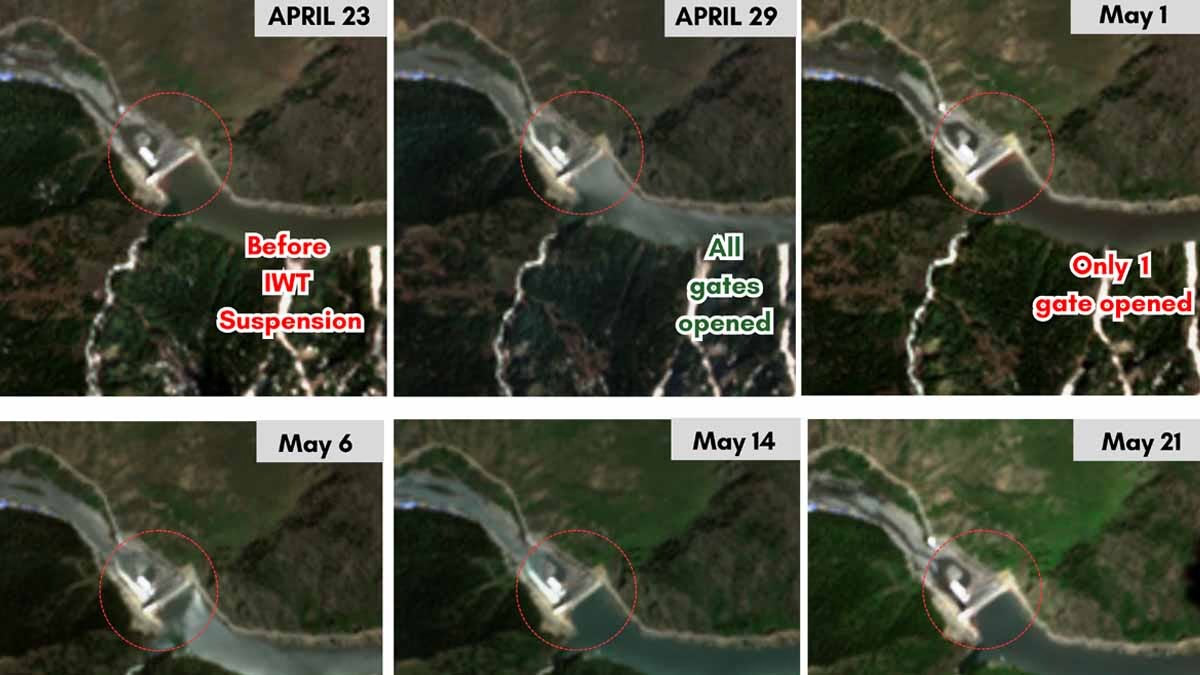Recently, an IndiGo passenger jet en route from Delhi to Srinagar got caught in fierce winds. In an attempt to avoid the storm, the plane requested brief passage through Pakistani airspace, but Lahore Air Traffic Control did not grant permission. Forced to navigate the storm, the flight carried on to its destination. Currently, tensions between India and Pakistan are high, likely contributing to the denial. Had a disaster occurred, could aviation authorities hold Pakistan accountable?
Shutting airspace amid political strife is a common international diplomatic tactic, yet when a flight faces emergencies like hailstorms, engine failures, or medical crises, many nations choose to open their airspace. It isn't obligatory, though. They can do so on moral or humanitarian grounds, but they aren't accountable if they choose not to.
Division of Airspace
Like land and sea, airspace is divvied up. The 1944 Chicago Convention determined each country has full rights over its skies. This means deciding which flights may enter its air borders and which may not. The International Civil Aviation Organization (ICAO) is based on this principle.
Typically, countries with amicable diplomatic relations keep airspace open, but when ties sour, a country has the right to prohibit another from entering its skies, civilian flights included. There’s no interference in such decisions.

Source: aajtak
Can ICAO Impose Sanctions?
No, the organization can only recommend or mediate if situations deteriorate, but it cannot enforce its will on any country or levy fines in case of accidents. However, should a nation deliberately close its airspace in emergencies, endangering civilian lives, this could be a violation of international law, potentially escalating the matter to the UN or International Court of Justice.
Incidents of Similar Nature
In the 1980s, America mistakenly shot down an Iranian airliner over the Gulf, killing nearly three hundred passengers. Iran took the matter to the International Court, and eventually, the United States paid substantial compensation. The ICAO can only forward such case reports recommending action, and it's up to the UN or the court to act. Still, proving the closure decision was a politically or diplomatically motivated move, endangering lives, is crucial.

Source: aajtak
Invisible Boundaries in Airspace Closure
While airspace lacks visible borders unlike land or sea, each country’s airspace jurisdiction is definite. When a nation wishes to prevent aircraft from flying overhead, a Notice to Airmen is issued—an official warning noting that certain airspace will be closed to specific dates or countries, and no aircraft may enter without permission. Active surveillance of airspace and traffic control is maintained to manage aerial transportation.
Consequences of Unpermitted Entry
If an aircraft enters without permission, an initial radio warning is issued to vacate the area promptly.
If disregarded, fighter jets escort rule-breaking flights out of the airspace.
For severe threats, bringing down the aircraft is a last resort.
Steps Triggered by National Security Threats
Shooting down is an extreme measure, warranted only by national security threats. This rule emerged post-9/11 when al-Qaeda operatives hijacked four civilian planes, highlighting the potential misuse of passenger jets as weapons. Following the World Trade Center attacks, Washington established clear rules: if a plane is hijacked and threatens civilian or military targets, interception and shooting down are sanctioned.
In emergencies, most nations tend to open their airspace to assist. (Photo- Unsplash)




